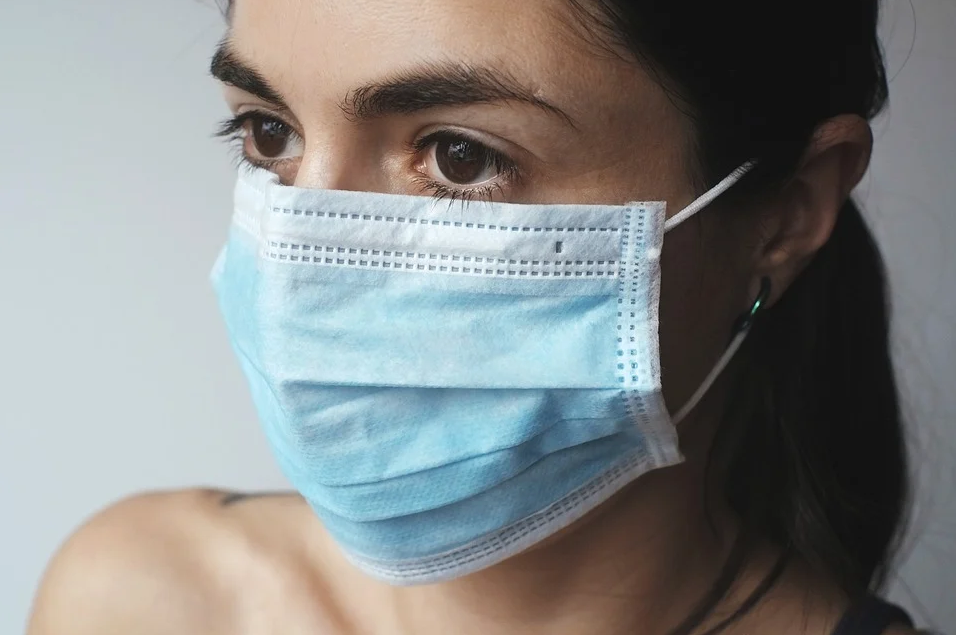Community
Massachusetts COVID-19 cases decrease, hospitalizations increase in Friday report

Massachusetts saw a decrease in cases, but an increase in hospitalizations in Friday’s COVID-19 report.
Massachusetts has seen 228 more positive cases announced in the last 24 hours. A decrease from the previous 24 hour period.
The Massachusetts Department of Health statistics show a rise in total cases to 106,650 with 30 more reported dead for a total of 7,800.
Massachusetts had seen 271 more positive cases in the previous 24 hour period.
9,471 tests were performed, over 300 more than yesterday, to increase the overall total to 939,352. The amount of individuals tested is 746,162.
Hospitalizations have decreased in 33 of the last 38 days.
covid-19-dashboard-6-19-2020As of June 1st, the Department of Public Health began reporting both confirmed and probable COVID-19 cases and deaths.
This change is in accordance with guidance from the Centers for Disease Control to include “probable” COVID-19 cases and deaths in data collection and reporting efforts. This change has increased the number of cases and deaths reported in Massachusetts.
Nursing home cases and cases by City and Town as of June 17th.
Massachusetts residents subject to COVID-19 quarantine by current status up to June 17th
• Total of individuals subject to quarantine: 67,059
• Total of individuals who have completed monitoring (no longer in quarantine): 63,420
• Total of individuals currently undergoing monitoring/under quarantine: 3,639
According to the CDC, as of June 19th, the total amount of cases in the country is 2,178,710 with 118,365 dead.
In related news, to address the disproportionate impact of COVID-19 on communities of color and marginalized populations, the Department of Public Health’s COVID-19 Health Equity Advisory Group today released new data and specific recommendations to inform the state’s ongoing COVID-19 pandemic response.
The advisory group recommendations were released with new data from the Massachusetts Department of Public Health (DPH) that highlight marked differences in COVID-19 cases, hospitalizations, and deaths for different races and ethnicities. Black non-Hispanics and Hispanics have a 3x higher positive COVID-19 case rate than White non-Hispanics. Black non-Hispanics and Hispanics also have higher rates of hospitalizations. Age-adjusted mortality rates show these groups are bearing a higher burden of COVID deaths compared to the White or Asian populations. Nine of the ten cities and towns with the highest rates of COVID infection are also communities where more than half the residents identify as people of color.
Convened by Public Health Commissioner Monica Bharel, MD, MPH, the COVID-19 Health Equity Advisory Group includes 26 community leaders, health and racial equity experts, and members of communities and populations disproportionately impacted by the coronavirus pandemic. The advisory group’s mission was to inform the state’s COVID response by recommending actions aimed at equitable access to health care resources and services, and prevention of inequities and disproportionate negative outcomes.
“We have long understood that racism is a public health issue that demands action, and the disproportionate impacts of this new disease on communities of color and other priority populations is the latest indicator change is necessary,” said Commissioner Bharel, who chaired the advisory group. “At the Department of Public Health, our mission is to eliminate health inequities and we place equity at the core of all that we do.”
The group, which met throughout the month of May, selected four critical areas that needed to be to addressed: Data and Metrics, COVID-19 Mitigation, Community Engagement, and the Social Determinants of Health.
“Our approach to COVID-19 and future health challenges should be to strengthen the underlying health of the Commonwealth,” said Thea James, MD, Assistant Professor, Boston University School of Medicine, and a member of the Advisory Group. “We can do this by building resilient communities and taking a critical look at how systemic racism has influenced disinvestment in communities of color. These recommendations are a starting point for taking concrete next steps into action for a more equitable future.”
Key recommendations include:
Continuing to disaggregate COVID data across populations and sectors, such as transit usage.
Increasing equitable distribution of personal protective equipment (PPE) for essential workers and Commonwealth residents in professions most at risk.
Implement policies that increase housing stability for populations disproportionally impacted by COVID-19.
Prioritizing investment in multilingual outreach to communities to increase access to testing, home and workplace protections, and access to state assistance programs.
Planning and implementing a strategy for the active engagement and representation of existing community based organizations in the most-impacted communities as part of decision-making processes related to COVID-19 response and recovery.
“This unique public/private partnership brought together Department of Public Health leadership and voices from the community, not only to share what we are witnessing – a disproportionate impact of COVID-19 by race, ethnicity and geography – but to take action on that information,” said Juan Lopera, vice president of business diversity at Tufts Health Plan, a member of the Advisory Group as well as the Governor’s Latino Advisory Commission. “It is our fervent hope that these recommendations inform our collective response to the pandemic and our planning for the future.”
-

 Community7 years ago
Community7 years agoNational Shrine of La Salette Festival of Lights 2017 set to begin
-

 Community6 years ago
Community6 years agoMassachusetts State Police looking for good home for retired dogs
-

 Crime6 years ago
Crime6 years agoFall River ranked most dangerous city in Massachusetts according to report
-

 latest7 years ago
latest7 years agoDurfee student allegedly overdoses on marijuana
-

 Community6 years ago
Community6 years agoVideo of Fall River Police goes viral
-

 Causes6 years ago
Causes6 years agoMissing Fall River woman found deceased
-

 Crime6 years ago
Crime6 years agoFall River Police add names to most wanted list
-

 Causes6 years ago
Causes6 years agoFall River teenager reported missing has been found




